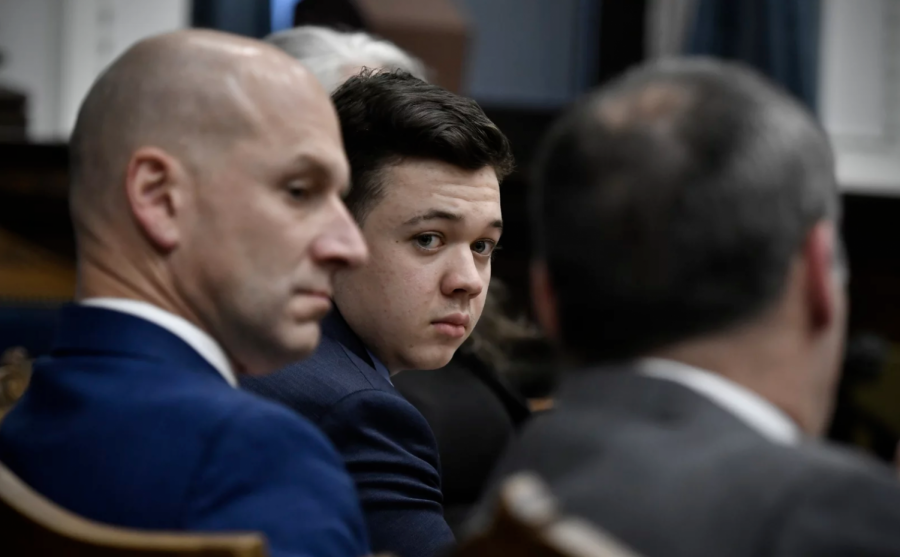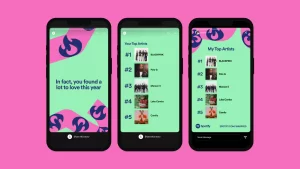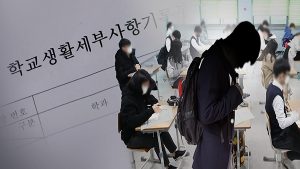Rittenhouse acquitted on all charges
Dec 8, 2021
The verdict was finally announced: On Nov. 19, 17-year-old Kyle Rittenhouse was acquitted in the state of Wisconsin of all charges, including homicide. The jury’s decision ignited a heated debate that is further dividing the nation’s perspective on self-defense, the justice system, gun rights, and vigilantism.
In August 2020, Wisconsin citizens held a series of riots against the police following the shooting of Jacob Blake by a Kenosha police officer. Amid the protests, on the night of Aug. 25, 2020, Rittenhouse fatally shot two men and wounded another with an AR-15, a semi automatic rifle.
During the trial, the prosecution attempted to justify that Rittenhouse acted criminally and intentionally. Rittenhouse and his defense lawyers testified that he had acted out of self-defense during the unruly scene that played out that night.
“When I first heard about the shooting last year, I thought that Kyle Rittenhouse committed murder,” Angela Kim (12), former member of the former Law Mock Trial club, said. “However, I ran into news articles that showed visual evidence such as photos and videos from the night of the killings that seemed to support the fact that Rittenhouse shot out of self-defense rather than with ill-intentions.”
Immediately following the jury’s decision to side with Rittenhouse and the defense’s interpretation, protests ensued. After the verdict was returned, a crowd on the court steps formed and lingered for several hours.
From the onset of the deadly shooting, the Rittenhouse case kindled political and racial tensions; many were horrified by the fact that a teenager carried a powerful rifle during demonstrations, while others viewed Rittenhouse as a well-meaning protestor.
“You can really see the deep divide amongst people based on the responses to Rittenhouse’s verdict,” David Mun (11), a student interested in US politics, said. “I believe that even if the opposite verdict was announced, the reactions would have been the same and the controversy would still remain. Although I think that especially since no decision would have been able to satisfy everyone, it is right to accept the current verdict without fighting against it. However, a part of me does stand with those who believe that Rittenhouse should have faced consequences for his actions up to a certain extent, as I believe that he was responsible for creating the dangerous situation.”
Both conservative and liberal politicians weighed in on the issue. Whereas the right politicians tend to view the case as a reflection of successful self-defense, the Rittenhouse case epitomizes the downfalls of the criminal justice system that time-and-time again fails to hold armed vigilantes accountable for their actions.
Republican Senator Ron Johnson of Wisconsin claimed that “justice has been served.” The leading Republican candidate for Wisconsin governor Rebecca Kleefisch agreed with the former statement, praising the justice system, and denouncing the prosecution as a “complete disgrace.”
Democrat Senator Tammy Baldwin of Wisconsin, on the other hand, described the verdict as “deeply concerning” as he foresees that the Rittenhouse case will encourage gun violence and is “disrespectful” to the victims of the incident.
President Biden himself intervened in partial attempt to settle the ongoing dispute, urging demonstrators to remain calm. He admitted that he is concerned about the acquittal, but professed his confidence and respect for the nation’s jury decisions.
“I understand that many, including president Biden, are trying to stop people from protesting against the verdict, but I believe that this is very unrealistic,” Isabella Kim (11), a junior who took a political course over the summer, said. “This case without doubt raises concerns of inequality. I believe that there is a high chance that the verdict would have been very different if a black man had committed the same act as Rittenhouse.”
A number of people of colour in America argue the presence of racial bias in Rittenhoues’s trial. The strong resentment from the African American community stems from recurring incidents of privileged white men not being held responsible for unjust acts. Activists have pointed out the differences in how the police and jury handled Rittenhouse’s case compared to that of Jacob Blake, a black man who was shot seven times by the police and left paralyzed.
“Personally, I believe that Kyle Rittenhouse is guilty, even though a jury of his peers has found him not guilty. I must respect the verdict handed down but cannot believe that it is okay (or legal) for a seventeen-year-old child to patrol the streets of any city carrying an AR15. I am bothered by many issues surrounding this incident and the trial. I do not feel that the judge was impartial and am bothered by the racist comments made during the court proceedings. I am bothered by a society that supports vigilante justice and a teenager being hailed as a hero for ‘taking matters into his own hands’”, said Constance Rauterkus, a Wisconsinite who was living in Wisconsin when the incident happened, said. “I think the American justice system has been skewed for quite some time and needs some revisions. The United States has become this polarized political country where it seems that no one can agree on anything. Social media amplifies this division, and the Rittenhouse verdict is another example of an event where Americans either celebrate this decision or are shocked and saddened by the decision. As a Wisconsinite, I am shocked that Kyle Rittenhouse wasn’t convicted of any crime. I think this was a sad day for Wisconsin and a sad day for the American justice system.”







